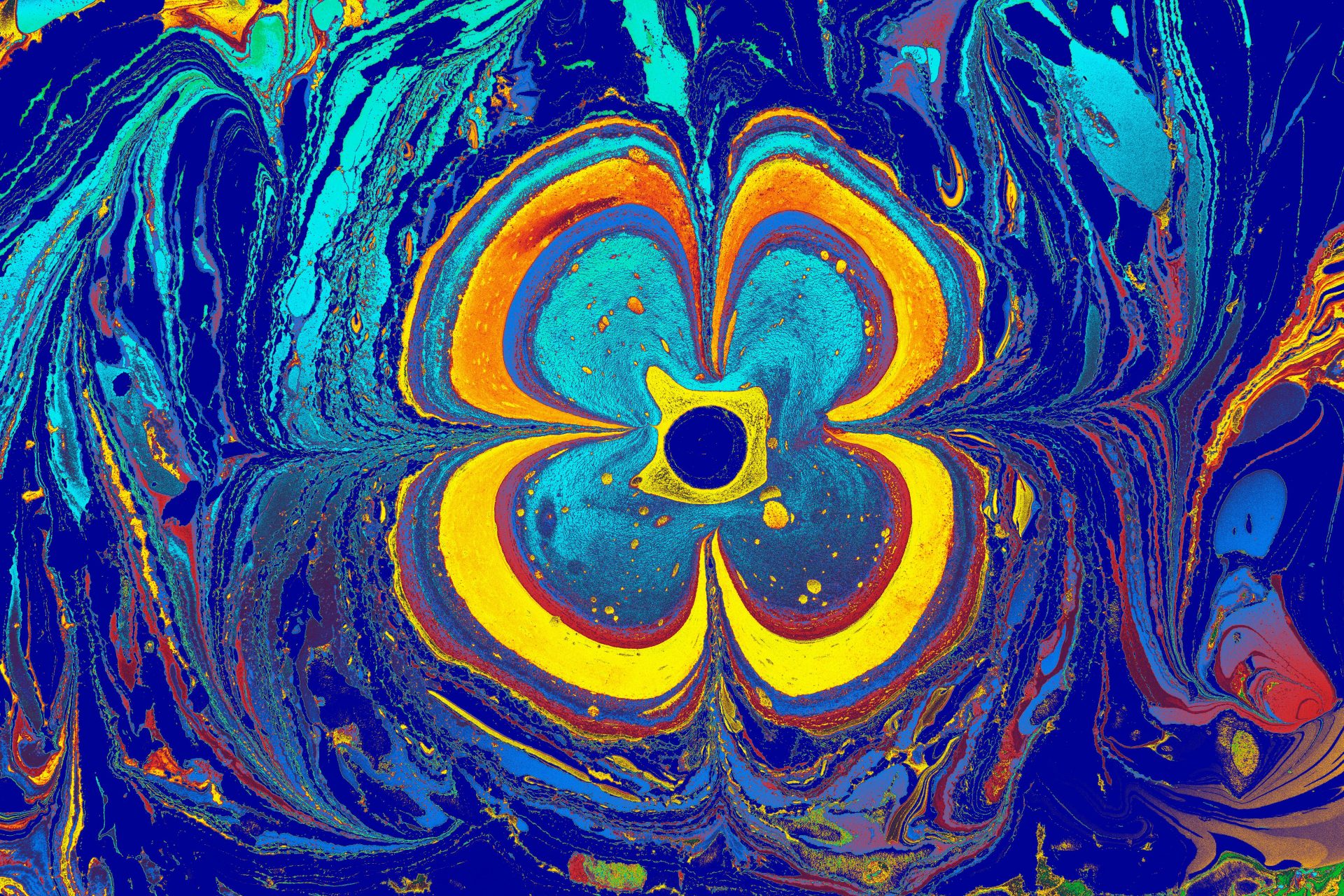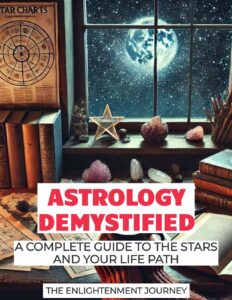How Accurate Is Chinese Astrology Compared to Others?

Before diving in, please note: This post is for informational purposes only. If you’d like to know more about how we approach topics, feel free to check out our friendly Disclaimer Page.
Hey there, amazing readers! 🖐️ Just a quick note: yes, we know there are a lot of ads here. Trust us, we get it—it’s not the prettiest look, but they help us keep this blog alive and kicking. Those pesky little ads cover the costs of all the behind-the-scenes magic, from hosting and tech stuff to creating content we hope you’ll love.
We’re committed to delivering quality posts, and your support (even just sticking around despite the ads) means everything to us. So, bear with us, and thanks for helping us keep the good vibes rolling. Now, on to the fun stuff! 😉
TRANSLATE BUTTON AT THE END OF THE ARTICLE
Chinese astrology has been practiced for thousands of years, helping people to understand themselves, their relationships, and the world around them.
But if you’re wondering how accurate Chinese astrology is compared to other systems, that’s a big question.
After all, astrology—whether it’s Chinese, Western, Vedic, or something else—isn’t about hard facts in the same way that science is.
Instead, it’s rooted in ancient traditions, patterns, and symbolism that offer guidance rather than definite answers.
So, let’s explore the accuracy of Chinese astrology, compare it to other systems, and figure out how you can use it to your advantage.
The Basics of Chinese Astrology
Before we dive into comparing systems, let’s briefly understand how Chinese astrology works.
The Chinese zodiac is based on a 12-year cycle, with each year assigned an animal sign: Rat, Ox, Tiger, Rabbit, Dragon, Snake, Horse, Goat, Monkey, Rooster, Dog, and Pig.
Each of these animals has its own characteristics, and the year of your birth is believed to influence your personality, relationships, and luck.
The Five Elements—Wood, Fire, Earth, Metal, and Water—are another key component in Chinese astrology.
These elements cycle through years, creating further layers of meaning and influence in your life.
Together, the animal sign and the element of your birth year provide a general framework of who you are, what you’re good at, and how you might navigate life’s challenges.
How Accurate Is Chinese Astrology?
1.
General Insight vs.
Exact Predictions
Chinese astrology, like most other forms of astrology, is best seen as a tool for self-reflection and guidance rather than a crystal-clear prediction of the future.
It provides insight into trends, personality traits, and life cycles, but it doesn’t offer the exactitude of a horoscope that can predict the time and place of events in your life.
When it comes to accuracy, Chinese astrology relies heavily on symbolism and cycles.
It looks at the interplay between your zodiac animal, your birth element, and the Five Elements of the year.
These are broad factors that influence your life’s energy.
For example, if you’re born in the Year of the Dragon and a Wood element year, you might be seen as dynamic, energetic, and creative.
But the system can’t offer precise dates or circumstances of specific life events.
Chinese astrology doesn’t claim to give you the answers to everything.
It’s not going to tell you the exact time you’ll meet your soulmate or when your next job opportunity will appear.
Instead, it can help you understand your general nature, strengths, challenges, and timing.
Chinese Astrology vs. Western Astrology
Western astrology, which uses the zodiac signs Aries, Taurus, Gemini, etc., based on the position of the sun at the time of your birth, offers a different take on personality and life guidance.
Both systems believe that the celestial influences at the time of your birth shape who you are, but they do so in different ways.
Zodiac Signs: In Western astrology, your sun sign is most commonly referred to, and it represents the core of who you are.
It is influenced by the position of the sun at the time of your birth.
In Chinese astrology, the animal sign of your birth year (and its associated elements) gives you more of a holistic view—combining personality, luck, and even fate.
Elements: Western astrology uses the four classical elements—Fire, Earth, Air, and Water—to describe your temperament.
Chinese astrology, on the other hand, integrates the Five Elements, each with a broader and deeper significance, giving a more multi-dimensional view of life.
Discover How the Stars Shape Your Life Path with This Complete Guide – Start Here!

Cycles: Western astrology has a yearly cycle that tracks the sun’s journey through the twelve zodiac signs, but there are no specific years tied to the signs as in Chinese astrology.
Chinese astrology, with its 12-year animal cycle, and the Five Elements, offers more timing-based insights for how the energies of specific years will affect you.
Accuracy: Both systems are deeply accurate when it comes to their psychological profiles and general predictions.
For example, a Leo (Western astrology) might indeed display characteristics such as leadership, confidence, and enthusiasm, while someone born in the Year of the Dragon (Chinese astrology) might also show ambition, charisma, and a dynamic personality.
But while Western astrology often gives a more individualistic view of you as a person (based on your sun, moon, and rising signs), Chinese astrology gives a broader, cyclical view, often incorporating life phases and opportunities based on when you were born.
Chinese Astrology vs. Vedic Astrology
Vedic astrology, also known as Jyotish, is another ancient system used to understand one’s personality and future.
It shares some similarities with Chinese astrology but is based on the sidereal zodiac, which is different from the tropical zodiac used in Western astrology.
Zodiac Signs: Like Western astrology, Vedic astrology uses the 12 signs of the zodiac.
However, the system is more focused on planetary movements and house placements than the animal-based system of Chinese astrology.
Elements: Vedic astrology is heavily tied to the doshas, or humors, which correspond to the three energies—Vata (Air), Pitta (Fire), and Kapha (Earth).
These influences are somewhat like the Five Elements in Chinese astrology, but with a different approach to balancing these energies.
Accuracy: Vedic astrology is often considered precise in predicting events, especially in terms of timing and auspicious moments (muhurta).
This is similar to Chinese astrology, which offers predictive elements based on the year and cycles, but Vedic astrology places more emphasis on planetary transits and birth charts for accurate predictions.
How to Interpret Chinese Astrology
To fully understand how accurate Chinese astrology is, it’s essential to focus on how you interpret it.
If you approach Chinese astrology as a guiding philosophy, offering insights into your natural tendencies and the cyclical influences around you, it can be incredibly valuable.
It’s like a map that shows potential paths and landmarks rather than a GPS guiding you step-by-step.
The Limitations of Chinese Astrology
Over-Simplification: Like any other system, Chinese astrology can sometimes be seen as over-simplified.
The 12 animal signs and their personalities don’t fully capture the complexity of a human being, and your personal destiny isn’t set in stone simply because of the year you were born.
Free Will: While Chinese astrology offers guidance, it is not a deterministic system.
You can still choose your actions and shape your future, despite the energies of the year or the elements.
Chinese astrology doesn’t guarantee that certain events will happen in your life, only that certain patterns or energies may influence you during specific times.
How Accurate Is Chinese Astrology Compared to Other Systems?
In short, Chinese astrology is just as accurate as any other astrological system, but with different tools and frameworks.
Whether it’s Western astrology, Vedic astrology, or Chinese astrology, these systems offer insight, guidance, and a deeper understanding of life’s energies, but none of them can predict every detail of your future with certainty.
It’s important to remember that astrology, in all its forms, is about self-awareness, understanding the world’s rhythms, and making informed decisions based on those insights.
Whether you choose Chinese astrology or another system, the most accurate tool at your disposal is how you interpret it and apply it to your own life.
Conclusion: Your Personal Astrological Compass
Chinese astrology, like its counterparts, offers valuable insights into who you are and how you interact with the world.
It gives you a sense of timing, opportunities, and potential challenges, but it’s not a crystal ball.
Instead, think of it as a cosmic compass, guiding you through the ebb and flow of life’s cycles.
No matter which astrological system you choose, understanding your own patterns, embracing growth, and making choices aligned with your personal journey will always be the most powerful path toward your future.

The Enlightenment Journey is a remarkable collection of writings authored by a distinguished group of experts in the fields of spirituality, new age, and esoteric knowledge.
This anthology features a diverse assembly of well-experienced authors who bring their profound insights and credible perspectives to the forefront.
Each contributor possesses a wealth of knowledge and wisdom, making them authorities in their respective domains.
Together, they offer readers a transformative journey into the realms of spiritual growth, self-discovery, and esoteric enlightenment.
The Enlightenment Journey is a testament to the collective expertise of these luminaries, providing readers with a rich tapestry of ideas and information to illuminate their spiritual path.
Our Diverse Expertise 🌟
While our primary focus is on spirituality and esotericism, we are equally passionate about exploring a wide range of other topics and niches 🌍📚. Our experienced team is dedicated to delivering high-quality, informative content across various subjects ✨.
To ensure we provide the most accurate and valuable insights, we collaborate with trusted experts in their respective domains 🧑🏫👩🏫. This allows us to offer well-rounded perspectives and knowledge to our readers.
Our blog originally focused on spirituality and metaphysics, but we’ve since expanded to cover a wide range of niches. Don’t worry—we continue to publish a lot of articles on spirituality! Frequently visit our blog to explore our diverse content and stay tuned for more insightful reads.





